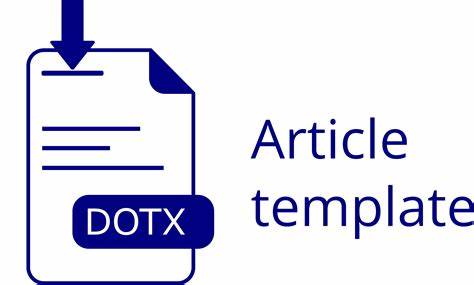Membangun Tv Dakwah Berbasis Streaming Technology
DOI:
https://doi.org/10.18592/al-hiwar.v4i6.1216Keywords:
Da’wah TV, Streaming, TechnologyAbstract
Da'wah is an activity that is universal, not limitation of space and time, it all depends on the needs and circumstances the object of Da'wah. In the perspective of contemporary, Da'wah through the mass media, especially television is still very relevant because television as an audio-visual medium, is able to capture 94% channel entry message-either message or information come to our brain through both eyes and ears. Once displayed agenda in television, normal people could remember 50% from what they see and hear. In other words, people will remember 85% from what they see and hear from television after 3 hours and 65% for the next 3 days. But to build a conventional TV are very expensive, it is necessary creativity to realize Da'wah TV reliable yet inexpensive. To achieve this, the most powerful candidate is build Da'wah TV based on streaming technology, a technology that allows broadcast TV in real-time as well as On Demand through the Internet. This paper will describe the analysis and design Da'wa TV based on streaming technology with systems development methodology Luther Version consisting of six phases; concept, design, material collecting, assembly, testing and distribution.Downloads
Published
2017-04-21
How to Cite
Muhayat, M. (2017). Membangun Tv Dakwah Berbasis Streaming Technology. Al-Hiwar Jurnal Ilmu Dan Teknik Dakwah, 4(1). https://doi.org/10.18592/al-hiwar.v4i6.1216
Issue
Section
Articles
License
Authors who publish with this journal agree to the following terms:
- Authors retain copyright and grant the journal right of first publication with the work simultaneously licensed under a Creative Commons Attribution License that allows others to share the work with an acknowledgement of the work's authorship and initial publication in this journal.
- Authors are able to enter into separate, additional contractual arrangements for the non-exclusive distribution of the journal's published version of the work (e.g., post it to an institutional repository or publish it in a book), with an acknowledgement of its initial publication in this journal.
- Authors are permitted and encouraged to post their work online (e.g., in institutional repositories or on their website) prior to and during the submission process, as it can lead to productive exchanges, as well as earlier and greater citation of published work.





